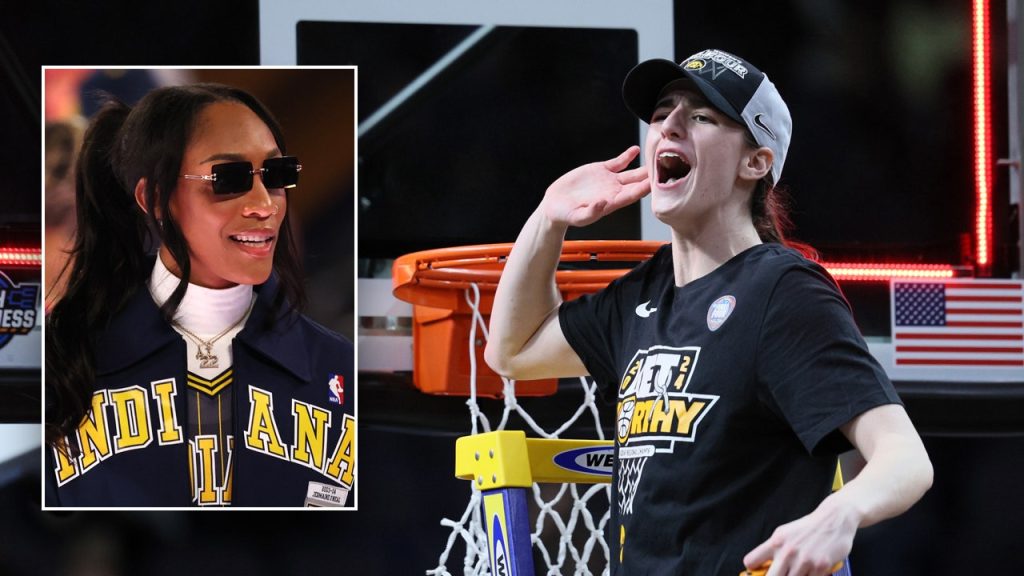Two-time WNBA champion A’ja Wilson recently took to social media to dispel rumors that she was “jealous” of top WNBA draft pick Caitlin Clark. Wilson posted a Bible verse about waiting patiently while others succeed and addressed the speculation that Clark was nearing a lucrative endorsement deal with Nike that includes her own signature shoe. Wilson clarified that she wishes the best for everyone in the league and urged people to stop accusing her of jealousy, stating that thriving in the WNBA is a significant achievement. Clark, who recently became the NCAA’s all-time leading scorer, has garnered a larger fan base and viewership for the women’s game due to her success in college basketball.
Despite her success in college, Clark’s anticipated WNBA salary of around $76,500 in her first season recently went viral. South Carolina Gamecocks head coach Dawn Staley acknowledged the pay discrepancy between the WNBA and the NBA but noted that the women’s league is still young and needs time to grow financially. Staley highlighted that Clark’s salary surpasses what Wilson made as a rookie and stated that Clark is likely to earn more money outside of her salary than the majority of Americans. She emphasized the need for patience in developing the WNBA and likened it to the early years of the NBA in terms of player salaries.
Staley’s comments reflect the ongoing discussion surrounding player salaries in the WNBA and the impact of endorsements on players’ earnings. Despite the pay gap between the WNBA and the NBA, Staley remains optimistic about the future of the women’s league and the potential for growth in player salaries. Wilson’s response to the speculation about her feelings towards Clark also highlights the supportive nature of many WNBA players towards their colleagues. The focus on uplifting and empowering each other within the league is evident in Wilson’s message and echoes the sentiment of wishing success for all players, regardless of individual success or achievements.
The attention surrounding Clark’s salary and endorsement deals brings further awareness to the disparities in pay and opportunities for female athletes in comparison to their male counterparts. The scrutiny of Clark’s salary in relation to her success in college basketball highlights the ongoing challenges faced by women in professional sports. However, the support and encouragement from players like Wilson and coaches like Staley signal a shift towards a more inclusive and equitable future for women in sports. By addressing these issues openly and advocating for change, WNBA players and coaches are paving the way for a more prosperous and fair landscape for female athletes in the sports industry.
As discussions around player salaries and endorsement deals continue, the spotlight remains on the WNBA and its evolution as a league. The attention on Clark and Wilson’s experiences in the league sheds light on the challenges and opportunities facing female athletes in professional basketball. Through open dialogue, support from peers, and a commitment to equality, WNBA players and coaches are driving towards a future where women’s sports are afforded the same respect, visibility, and opportunities as men’s sports. The determination and resilience of players like Wilson and the advocacy of coaches like Staley are instrumental in shaping a more inclusive and equitable landscape for women in sports.


